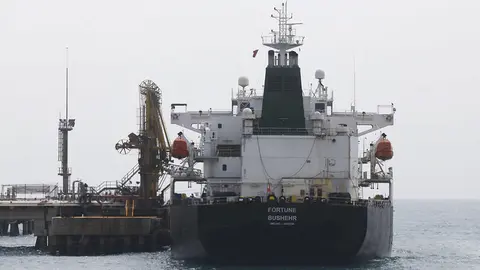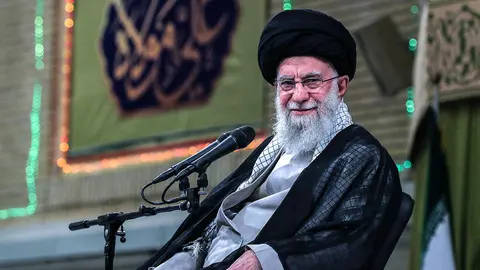Iran facing Donald Trump's arrival in the White House
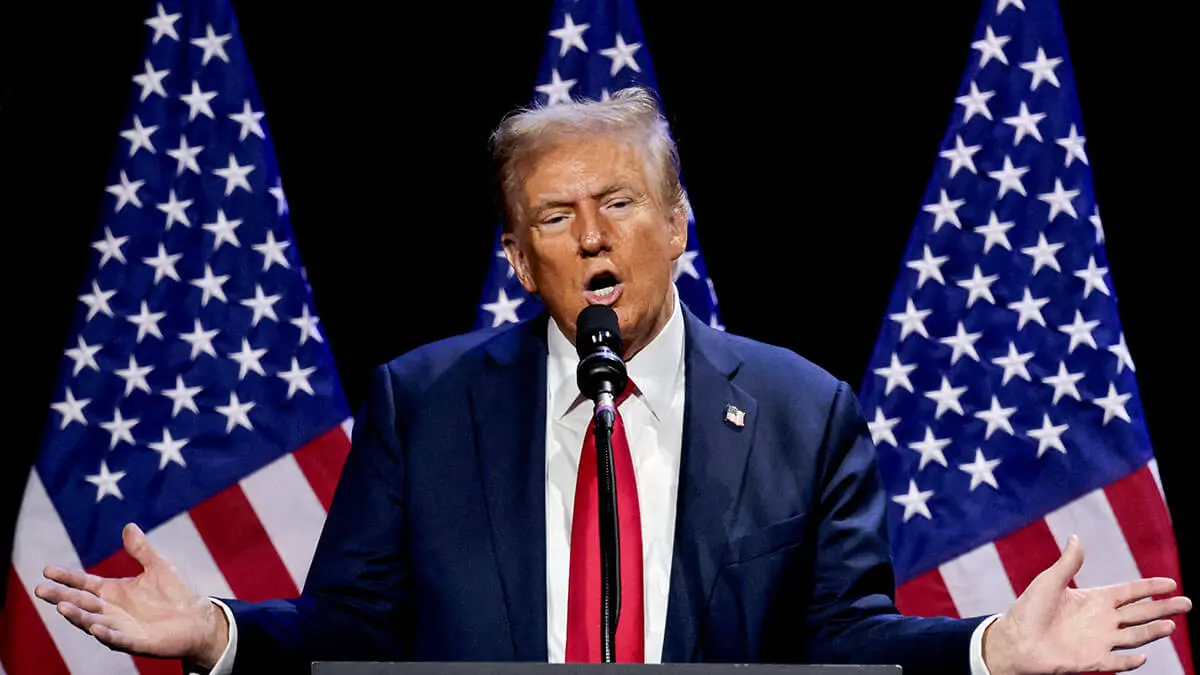
The Islamic Republic of Iran is a very important actor in the Middle East.
Various analysts and experts consider the regime of the ayatollahs to be a disruptive element that threatens regional stability due to its belligerent policies and its meddling in the internal affairs of various states through related Shiite groups based in different neighbouring countries.
The United States is Iran's great declared enemy and, as the world's leading power, has much to say on international politics. Iran does not escape this dynamic and may be affected by the direction taken by the decisions of the new president, Donald Trump.
In recent years, Iran's isolation on the geopolitical chessboard has been clear in view of the alliances that have been forged between various nations, especially with Israel, the Islamic Republic's other great enemy.
The Abraham Accords of September 2020 signified the establishment of diplomatic relations between various Arab countries such as the United Arab Emirates and Bahrain and the Israeli state, under the auspices of Donald Trump's first administration at the time. A strategy that was carried out to pacify the Middle East and promote the social, political and economic development of the region through a dynamic of close cooperation between these Arab nations, which also include Morocco, with the Hebrew country and the American giant.
A strategic move that has led to the isolation of Iran, which has been at odds for decades with the United States and Israel since the theocratic regime of the ayatollahs, currently led by Ali Khamenei, came to power.

Trump was the driving force behind the Abraham Accords five years ago and is now back in power after winning the last US presidential election, opening up a range of questions about what the new US Republican administration's strategy towards the Islamic Republic will be. Whether there will be more pressure against the Ayatollahs' regime or not.
This current scenario greatly limits Iran's influence, which is losing political weight in the region despite continuing to have some influence over certain countries such as Iraq, Lebanon, Yemen, Syria and Palestine through Shiite political groups or armed militias such as the Popular Mobilisation Forces, Hezbollah and the Houthis. These factions are also suffering painful setbacks in territories such as Palestine, Lebanon, Syria and Yemen, with war fronts being waged in these areas against nations such as Israel, the United States and Saudi Arabia, the great standard-bearer of the Sunni branch of Islam, as opposed to the Shiite branch defended by Iran.

Iran's atomic programme
In addition to the political point of view, there is the issue of Iran's nuclear programme. In 2018, Donald Trump, during his previous administration, broke the nuclear pact that had previously been sealed with Iran during Barack Obama's administration in 2015, limiting the development of Iran's atomic industry to civilian use only, in order to prevent such a belligerent country as the Persian one from having an atomic bomb. This limit had the counterpart of allowing Iran to enjoy commercial benefits, especially with regard to oil, one of the major sources of state financing, and the lifting of political and economic sanctions against the Islamic Republic.
Donald Trump's government decided to pull out of the nuclear agreement with Iran, which also included other powers such as Germany, France, Russia, the United Kingdom, China and even the European Union, due to doubts about the real developments being carried out at Iran's nuclear centres.
With this rupture, Iran threatened armed action and the blockade of world oil trade through aggression against international oil tankers in the Strait of Hormuz. As a result, tensions escalated on the world stage.
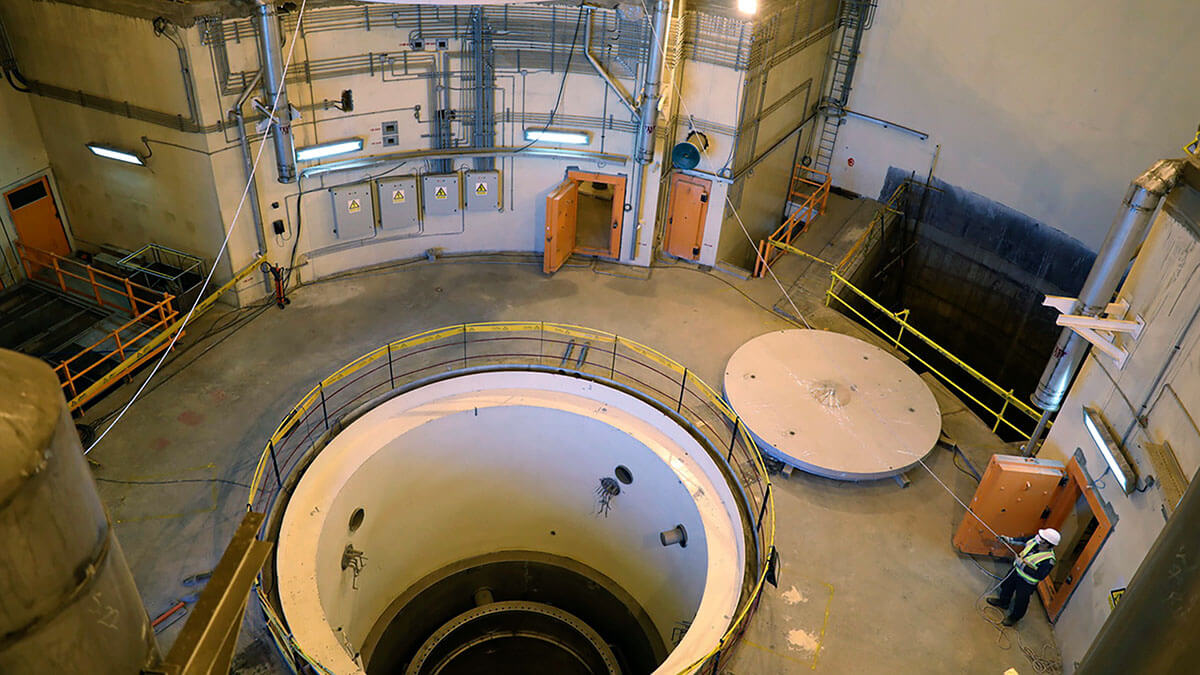
A situation that has been dragging on for some time and is expected to go in one direction or another depending on the path taken by the new Trump Administration in this regard.
The international community is concerned about this issue and there are fears that Iran, despite the sanctions and vetoes it now has, could carry out the atomic bomb test, as several experts believe that it is unclear exactly what work is being carried out in Persian territory.
The United States could now be faced with the challenge of persuading Iran to stop exploring the weaponisation route and use a nuclear programme only for civilian, non-military use. The weaponisation path would be very dangerous regionally and globally and could entail high costs at all levels for Iran as well. A point of view that could also be used by the United States to convince the Ayatollahs' regime.
Analysts are now questioning whether Donald Trump will pursue an aggressive policy of pressure on the Ayatollahs' regime or whether he will instead open a diplomatic channel for dialogue. This comes at a time when the Iranian regime is weakening, although it remains a dangerous and disruptive element on an international scale.
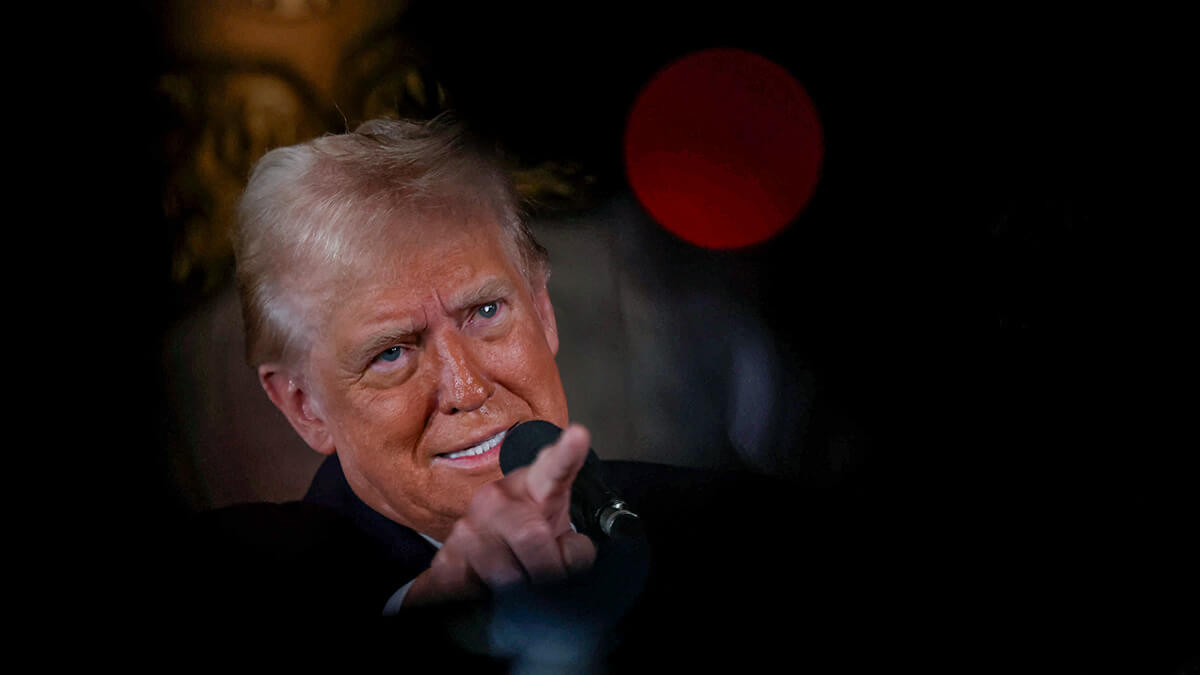
Analyst Lawrence J. Haas has pointed out in the US National Interest that now that Iran is facing geopolitical setbacks, Donald Trump must decide whether to increase pressure on the regime or try to negotiate a deal on the nuclear issue and other issues.
Foreign policy experts are taking positions. For example, Council on Foreign Relations president emeritus Richard Haas suggested that Trump would pursue ‘the ambitious goal of reshaping Iran's national security policy through diplomacy, but a diplomacy exercised against the backdrop of a willingness and ability to use military force if Tehran refuses to address US and Western concerns in an appropriate manner’.
All this with the economic factor also in the background as Iran is beset by financial difficulties, related to the economic, banking and trade sanctions that weigh on the nation and restrict its revenues, especially in terms of oil trade, and which aggravate a situation marked by a sharp contraction in Gross Domestic Product and high inflation. A scenario that can be used by Donald Trump to negotiate, as he is a businessman with a long track record and can benefit the United States.

